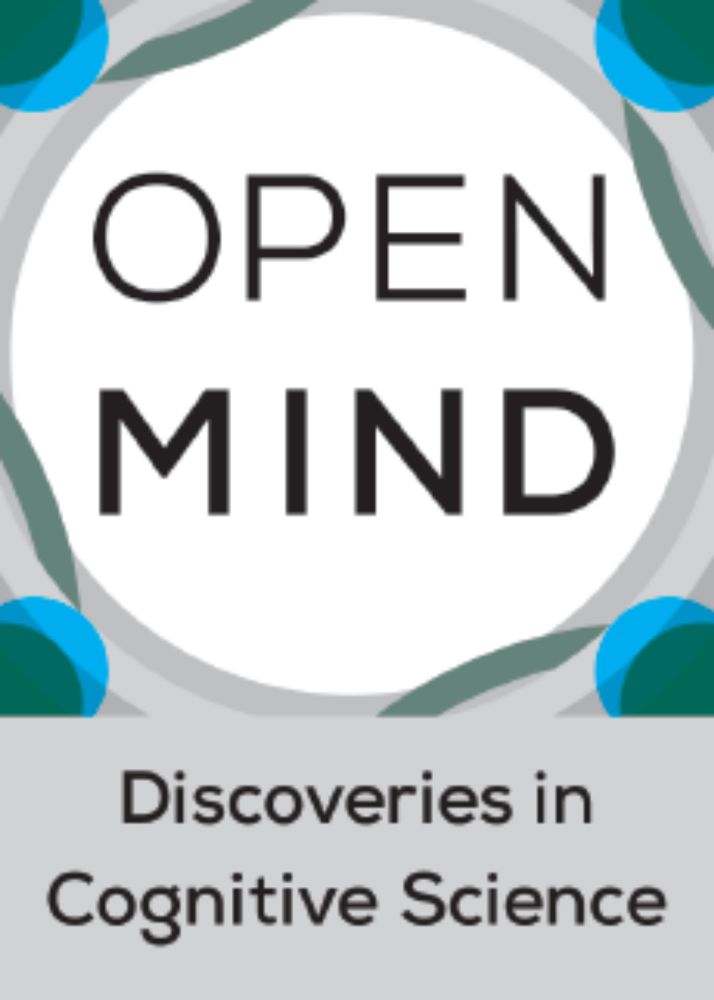Shenhav Lab
@shenhavlab.bsky.social
290 followers
100 following
27 posts
Neuroscience of motivation, decision making, and cognitive control
shenhavlab.org
Posts
Media
Videos
Starter Packs
Shenhav Lab
@shenhavlab.bsky.social
· Aug 27

Control adjustment costs limit goal flexibility: Empirical evidence and a computational account
A cornerstone of human intelligence is the ability to flexibly adjust our cognition and behavior as our goals change. For instance, achieving some goals requires efficiency, while others require cauti...
www.biorxiv.org
Shenhav Lab
@shenhavlab.bsky.social
· Aug 27
Shenhav Lab
@shenhavlab.bsky.social
· Aug 27
Reposted by Shenhav Lab
Amitai Shenhav
@ashenhav.bsky.social
· Jul 31
Shenhav Lab
@shenhavlab.bsky.social
· Jul 22

A Novel Approach-Avoidance Task to Study Decision Making Under Outcome Uncertainty
To behave adaptively, people need to integrate information about probabilistic outcomes and balance drives to approach positive outcomes and avoid negative outcomes. However, questions remain about ho...
www.biorxiv.org
Shenhav Lab
@shenhavlab.bsky.social
· Jul 10

Considering What We Know and What We Don’t Know: Expectations and Confidence Guide Value Integration in Value-Based Decision-Making
Abstract. When making decisions, we often have more information about some options than others. Previous work has shown that people are more likely to choose options that they look at more and those t...
direct.mit.edu
Shenhav Lab
@shenhavlab.bsky.social
· Mar 28
Shenhav Lab
@shenhavlab.bsky.social
· Mar 28
Shenhav Lab
@shenhavlab.bsky.social
· Mar 20






